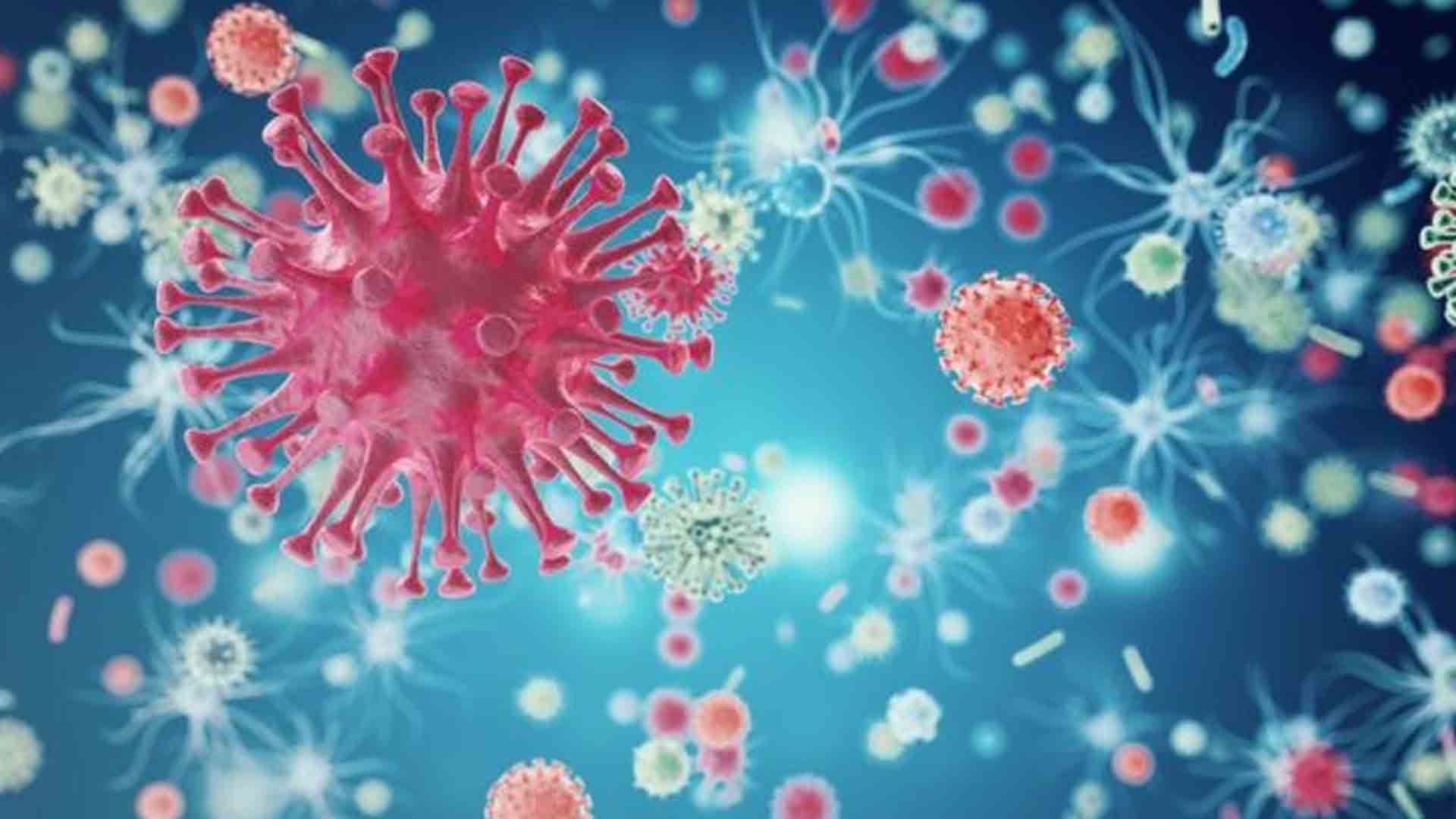The World Health Organization (WHO) said that an estimated 120,000 people in the Western Pacific region are still being infected with HIV each year, with a significant increase in new infections in the Philippines.
WHO said current HIV prevention efforts in the region focus on key populations, such as men who have sex with men, people who inject drugs and sex workers.
“These efforts include the use of antiretrovirals as pre-exposure prophylaxis, community-based HIV testing and partner notification, and transitioning to newer and more effective drug regimens,” WHO said in a statement.
The good news is that more and more HIV patients in the region have access to HIV treatment, the United Nations health agency added.
WHO noted “progress” in access to HIV treatment in the region, which has grown from 34 percent in 2014 to 59 percent in 2018, with 1.11 million of an estimated 1.9 million people living with HIV on antiretroviral treatment.
WHO added that hepatitis remains “a key challenge” for the region, with an estimated 115 million people with chronic hepatitis B infection and 14 million with chronic hepatitis C infection.
Currently, WHO said only 17 percent are diagnosed and a mere 3 percent are receiving treatment.
Chronic hepatitis B and C are the most common causes of liver cirrhosis and liver cancer, according to WHO.
At the 17th session of the WHO Regional Committee for the Western Pacific being held in Manila since Monday, health leaders agreed to develop a nine-year action plan to eradicate hepatitis.
“Delegates emphasized the need to overcome barriers to testing and treatment, since too few people are aware they are infected with hepatitis, or receive the medications to treat it,” WHO added.
WHO said it will continue working with countries, experts and partners to develop a hepatitis regional action plan for 2021 to 2030.
Responding to rising rates of sexually transmitted infections (STIs) in some countries, delegates also welcomed support from WHO to estimate the number of people infected, intensify surveillance and update treatment guidelines.
WHO said stigma, discrimination and inequitable access to services, particularly among key populations, still pose challenges in the region for those with HIV, hepatitis and STIs. (PNA)









